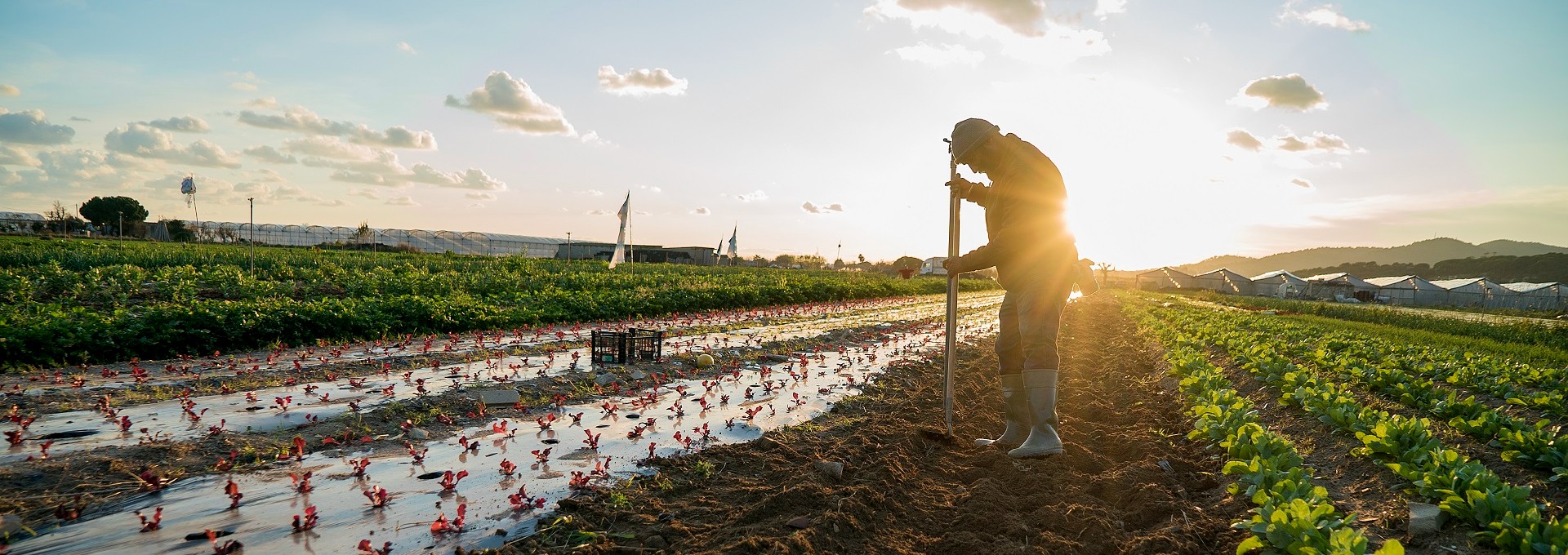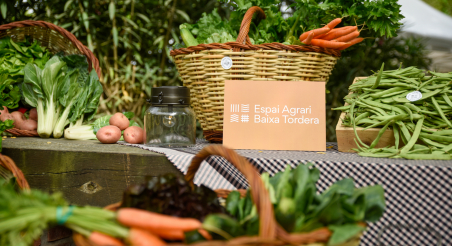The assembly of the Lower Tordera Agrarian Space (EABT), which took place in Palafolls last Wednesday, June 26, was a significant event marking a turning point in the food management of the region. During this meeting, the Food Charter was approved, representing a commitment to advancing the Lower Tordera Food Strategy. This strategy aims to create a fairer, healthier, sustainable, and resilient food system.
The Food Charter preparation process has been thorough and collaborative, involving people and organizations from different sectors related to food such as health, education, production, tourism, cooking, fishing, youth, trade, distribution, territory, and industry. Through workshops, interviews, and a public survey, the guiding principles of the document have been established, encompassing sustainable food, social economy, food governance, proximity, health, and equity.
The Food Charter outlines the obstacles that Lower Tordera must overcome to develop a more equitable and sustainable food system. Key challenges include the need to bolster the productive sector, encourage local commerce, foster a sense of community, promote healthy eating and food culture, minimize waste, and enhance coordination among governing bodies and key players in the EABT.
Once the Food Charter is approved, it will be shared with entities and administrations of the Lower Tordera Agrarian Space. They can adhere to it and collaborate in its implementation.
In addition to approving the Charter, the assembly has also followed up on ongoing actions in the Lower Tordera Agrarian Space, reaffirming the territory's commitment to local agricultural production.
With the decisive support of the Barcelona Provincial Council
The Lower Tordera Agrarian Space (EABT) encompasses a large area that includes fertile land dedicated to agriculture, forests, and wetlands along the Tordera River. This region accounts for nearly half of the agricultural land in the Maresme county, with over 2,300 hectares of cultivated fields. Of these lands, 70% are used for irrigated crops and 30% for rainfed crops. The vegetable gardens are mainly located in Palafolls, Malgrat de Mar, Santa Susanna, and Blanes, while Tordera is known for its cereal and fodder crops. Furthermore, there are 46 registered livestock farms, most of which are concentrated in the municipal area of Tordera.
The Barcelona Provincial Council provides essential resources and technical assistance for a variety of sustainable development initiatives and preservation of the territory. This support is crucial for promoting projects that enhance the local economy, protect the environment, and ensure food sovereignty. With this backing, the EABT can continue to develop as a model of agricultural management that promotes landscape diversity and the importance of local food production.
For more information about the Lower Tordera Agrarian Space, please contact Marc Riera, agronomist engineer of the Agrarian Territorial Directorate of the Barcelona Provincial Council and technician responsible for the EABT.



